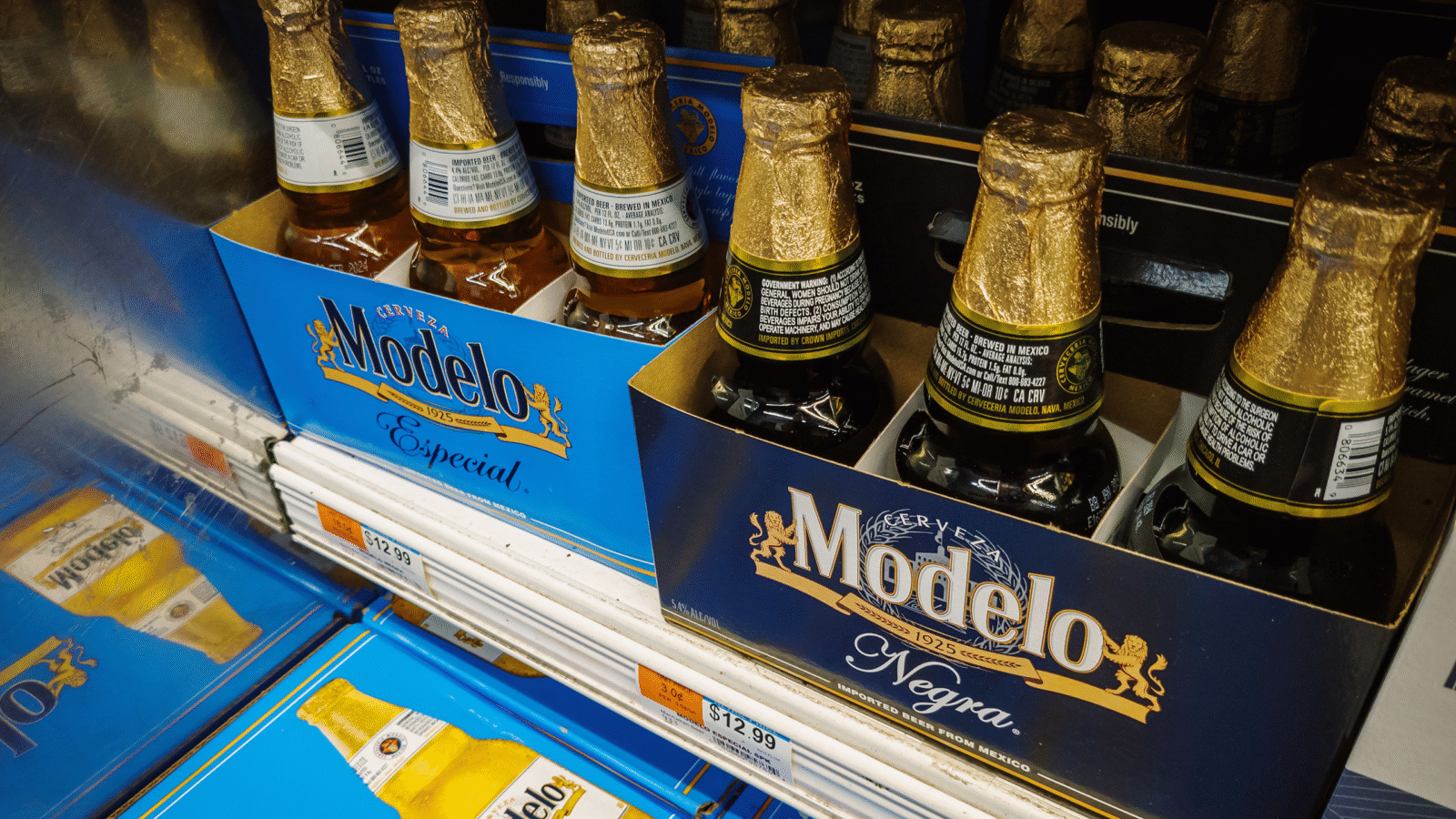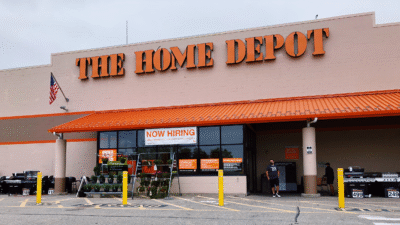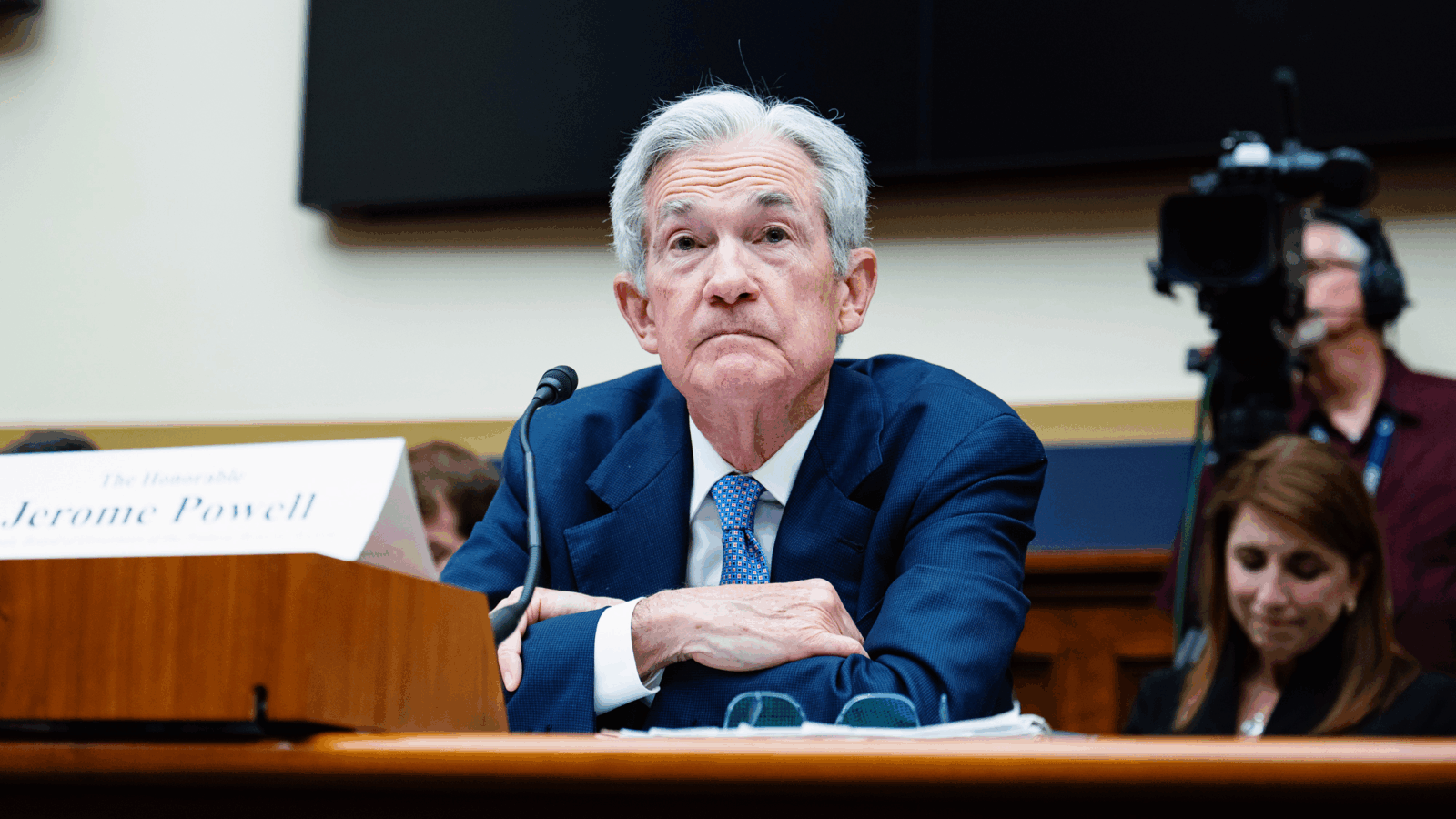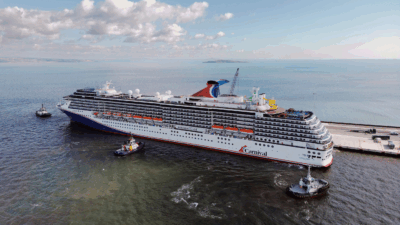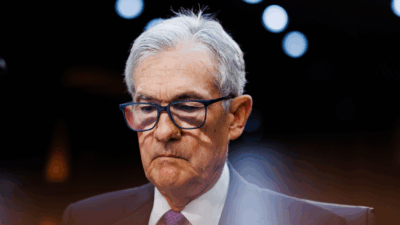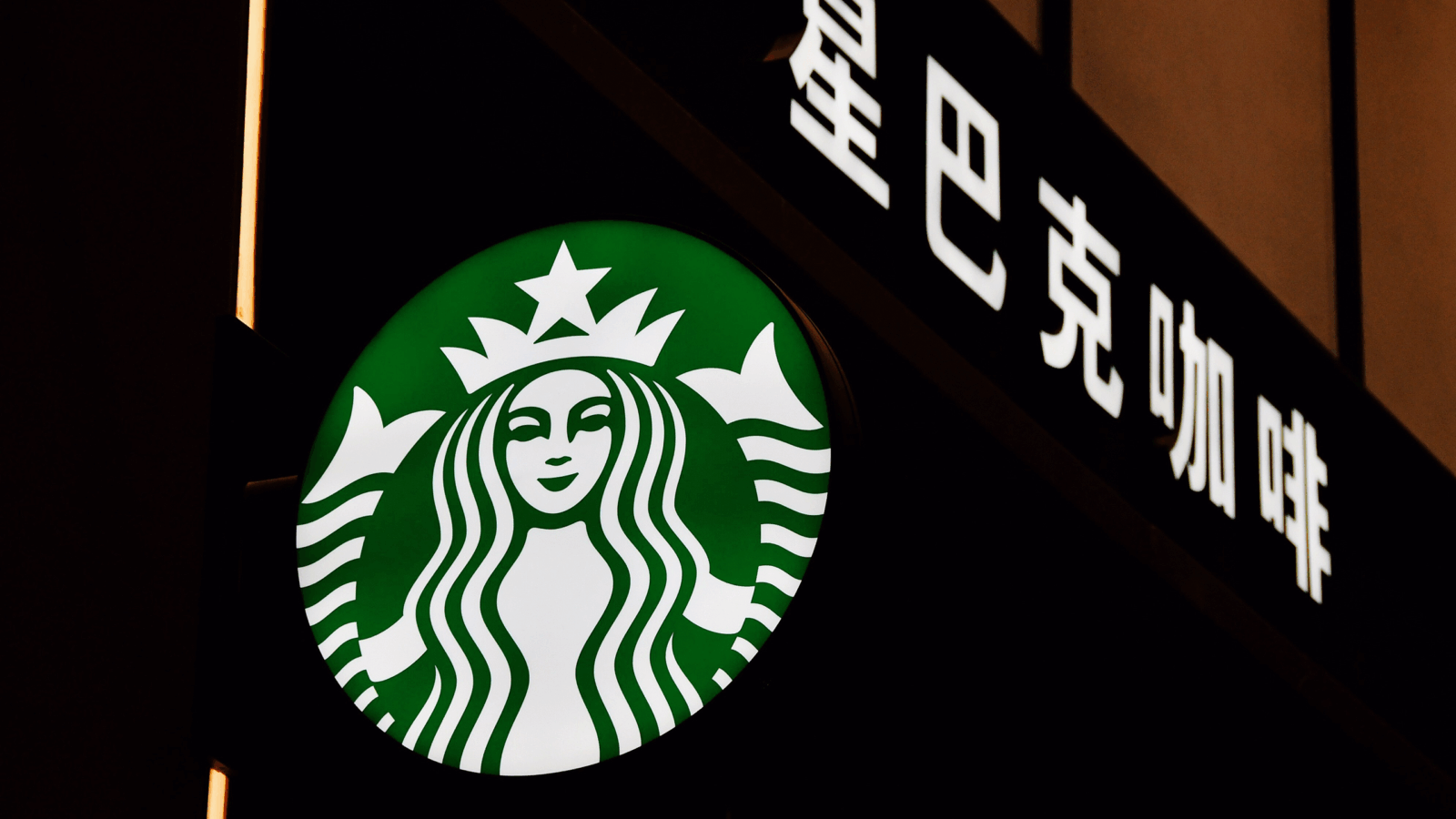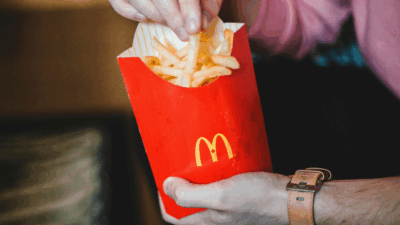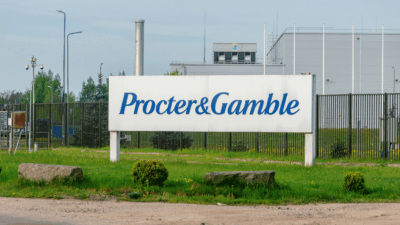Unilever, Coke, and Pepsi Make Big Sales, But Inflation Eats Their Bottom Line
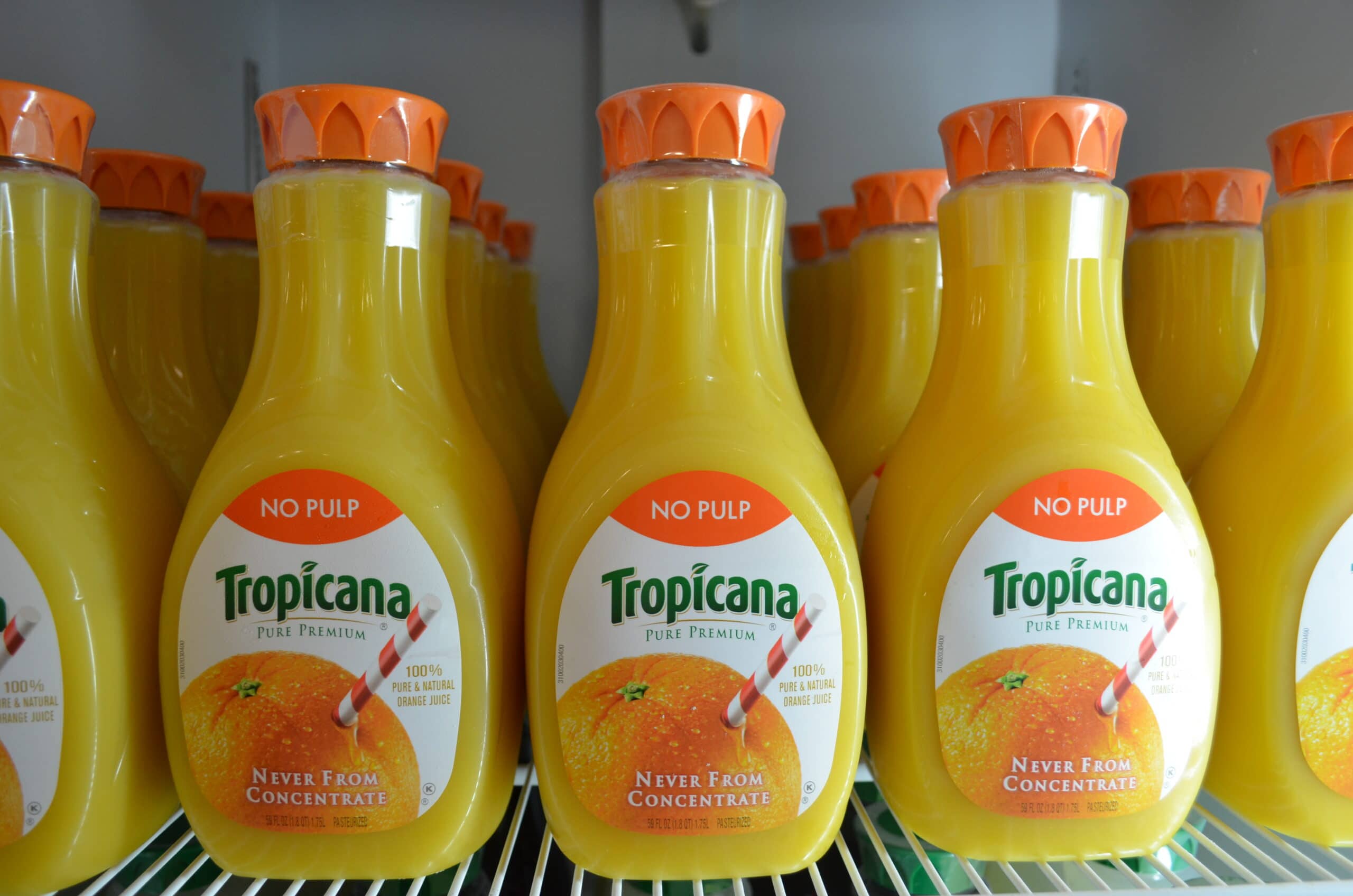
Sign up for smart news, insights, and analysis on the biggest financial stories of the day.
US inflation stayed hotter than a bag of Flamin’ Cheetos in January, as the consumer price index hit a four-decade high of 7.5%.
And the owner of those Flamin’ Cheetos, PepsiCo, felt the burn. The global food and drinks giant, its main rival Coca-Cola, and consumer goods giant Unilever all reported robust revenues Thursday, but the toll of rising costs on their profits was on full display.
Consumer Goods and Bads
Apart from their namesake brands, Coca-Cola owns a long list of beverages, while PepsiCo’s portfolio also counts foods like chips and oatmeal. Unilever owns dozens of consumer brands including condiments (Hellman’s), ice cream (Ben & Jerry’s, Klondike), and hygiene products (Axe deodorant, Q-tips). All three are incredibly useful barometers for measuring how consumers are behaving in the reopened economy and how inflation is impacting businesses.
The good news is sales are strong. Food and beverages brands have benefitted from foot traffic picking up at bars, restaurants, and eat-in venues like movie theaters and stadiums again. Coke said Tuesday that its Q4 2021 sales in those places topped pre-pandemic 2019 for the first time. Overall, Coke’s revenue increased 9% in the quarter, PepsiCo’s rose 12%, and Unilever said its 4.5% increase in sales last year was the best growth in nine years. The bad news is they’ve been unable to cash those earnings chips, because they’re getting munched on, Homer Simpson-style, by inflation:
- Coke’s profit fell 28% in the quarter and PepsiCo’s 9% — both are paying more for the sugar in their drinks, the plastic and aluminum in their containers, and to ship goods around the world.
- Unilever didn’t disclose its fourth-quarter profit figures, but said its underlying operating margin for 2022 will likely drop 16% to 17%.
All three companies raised prices on their goods last quarter, but warned that inflation will keep eating into their bottom lines this year.
Listen Up: Unilever, meanwhile, has had to abandon plans to make any major acquisitions. A surprise $68 billion bid for GlaxoSmithKline’s consumer health division fell apart last month and enraged many investors — one leading shareholder called it a “near-death experience” — who want the company to focus on its core business that lags behind rivals Procter & Gamble and Nestle.
